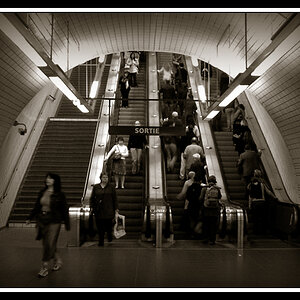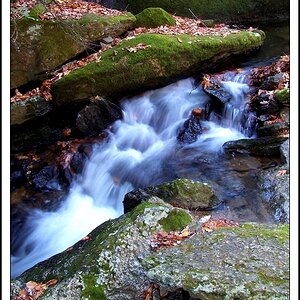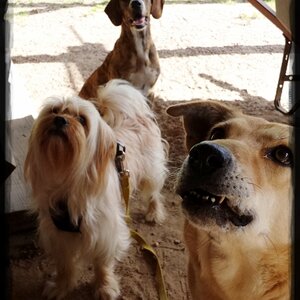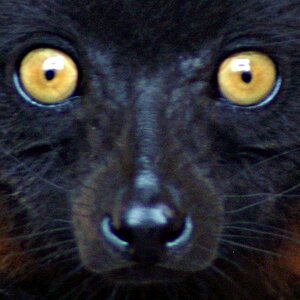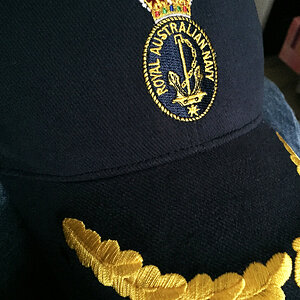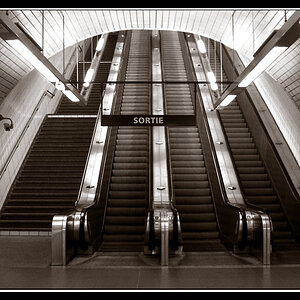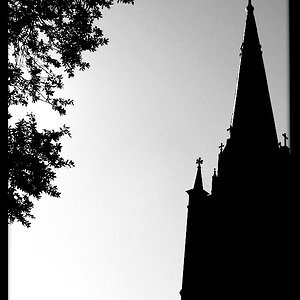I know we've all had the PS vs Darkroom battle time and time again, but there is something I've been pondering today. Is it possible to over manipulate a photo? The obvious answer seems yes, but even if someone finds it to be over manipulated someone else may love it...and who is to limit the art that we create? So here are a few questions to think about and answer:
-Is it truly possible to over manipulate a photograph
-What are the boundaries you set upon yourself in editing
-What do you think the limits should be for others
-And is there a point when a photo ceases to be a photography and becomes digital artwork?
-Is it truly possible to over manipulate a photograph
-What are the boundaries you set upon yourself in editing
-What do you think the limits should be for others
-And is there a point when a photo ceases to be a photography and becomes digital artwork?


 But we don't call it that.... it's simply a bromoil print.
But we don't call it that.... it's simply a bromoil print. 